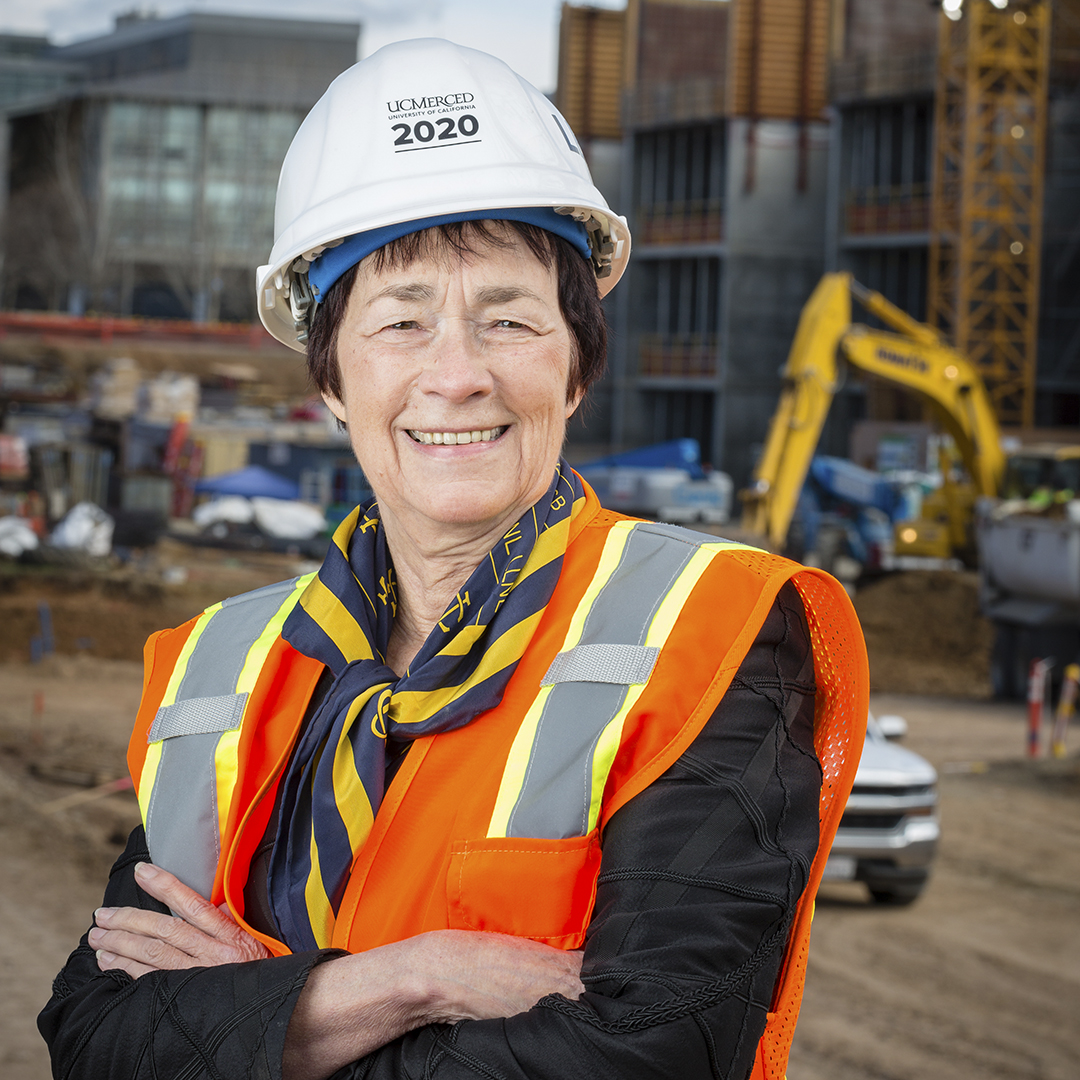|
Getting your Trinity Audio player ready...
|
Joel Braun doesn’t want to be limited. For years he worked in the healthcare industry, earning a master’s in public health and even considering medical school. But Braun knew that he wasn’t satisfied with the work—healthcare was so regulated and cumbersome that it lacked the nimbleness to be truly entrepreneurial, he says. It was only when Braun transitioned to the real estate industry, and particularly to equity real estate investment trust Acadia Realty Trust, that he found the flexibility and entrepreneurship he was looking for.
“I loved real estate from the moment I walked in the door 30 years ago,” says Braun, who began working with Acadia in 1993 and eventually worked his way up to executive vice president and chief investment officer. “I’ve always been drawn to construction—the most fun I’ve ever had was when I rebuilt a house in Maryland—and I was always interested in the financial side of the market as well. And to this day, I still feel that love for the industry.”
His passion for the field is what allows him to successfully lead without so much as breaking a sweat. “Joel has earned the utmost respect of the industry, in large part because of his uncanny ability to be incredibly decisive while maintaining his cool—even in stressful deal situations,” acknowledges P. David Bramble, managing partner of MCB Real Estate. “I think lots of transactional people in the industry, including me, will tell you they want to be like Joel when they grow up!”
According to Braun, part of what makes the industry so exciting and entrepreneurial is the fact that, like any other business, real estate is always different, always changing. “It’s continuously cyclical,” Braun explains. “There are bad times, times when there’s not a lot of work to be had, but there are also times when the work floods in.

“You can’t force the cycles—each one is like a wave that comes in from the ocean,” Braun continues. “You can’t change industry cycles any more than you can change the waves. You just have to be flexible enough to flow with the capital—sometimes aggressive, sometimes a seller, and sometimes a buyer.”
In fact, it was one of those downward cycles in the industry that first led Braun to Acadia. The early 1990s were a bad time to be in real estate, Braun explains. “The tax laws had changed in 1986, and that dramatically altered the ability to depreciate assets,” he says. “Banks had offered excessive leverage to developers, and many of them got in financial trouble. The private equity investing opportunities changed, and the equity pulled back, creating a situation where owners had too much debt and couldn’t replace it with equity.”
Many developers at the time were on the edge of bankruptcy, Braun remembers, and exploring other options to recapitalize their businesses, once of which was a public REIT offering. “Real estate isn’t actually a labor-intensive industry—it’s a capital-driven business,” he says, “so the most important part of the real estate puzzle is the question of how you capitalize your projects. You have to build them and manage them and all the rest of it, but the capitalization of a project, and the cost of capital is key.”
Braun assisted numerous executives and companies in the transition into the public market, work that eventually led him to the principals of a company called RD Capital. “I started working with two guys at that company, including Ken Bernstein, in 1993,” Braun explains. “Acadia didn’t become ‘Acadia’ until 1998, but I was with them for five years before that.”

Braun stayed with Acadia until 2018, during which time he and Bernstein saw the company expand rapidly from a relatively small company encompassing just six or eight properties to a real estate giant with a $3 billion portfolio of meaningful assets in New York, Boston, San Francisco, Washington, DC, and other dynamic real estate environments, as well as a private investment fund with a number of well-known institutional investors.
Now retired, Braun still advises the company in a consultant capacity. But the industry he navigates today is far different than the one he entered all those years ago. “The amount of capital in the business now is dramatically different than what it was 30 years ago,” Braun points out. “The cost and value of assets has gone up astronomically, requiring much greater capital investments and bringing institutional investors and public markets further into the business.” But to Braun’s mind, such changes are largely indicative of a positive trend within the industry.
“I think industries are just like people—they mature and become more complex,” he says. “If you were to look at the European real estate industry, you would see a much more mature industry because of the length of time it has been in existence and the controls over ownership. The US wasn’t that way at first, but it’s grown so much: there’s been a real maturing in the industry, for all its positives and negatives.”
Looking back over all his years in that ever-growing industry, Braun says that his decades-long partnership with Bernstein definitely stands out as one of the top highlights. “Ken is just wonderful—he’s a prince of a man,” Braun enthuses. “Who you’re doing business with is so much more important than what you’re doing—it’s more important than anything.”


